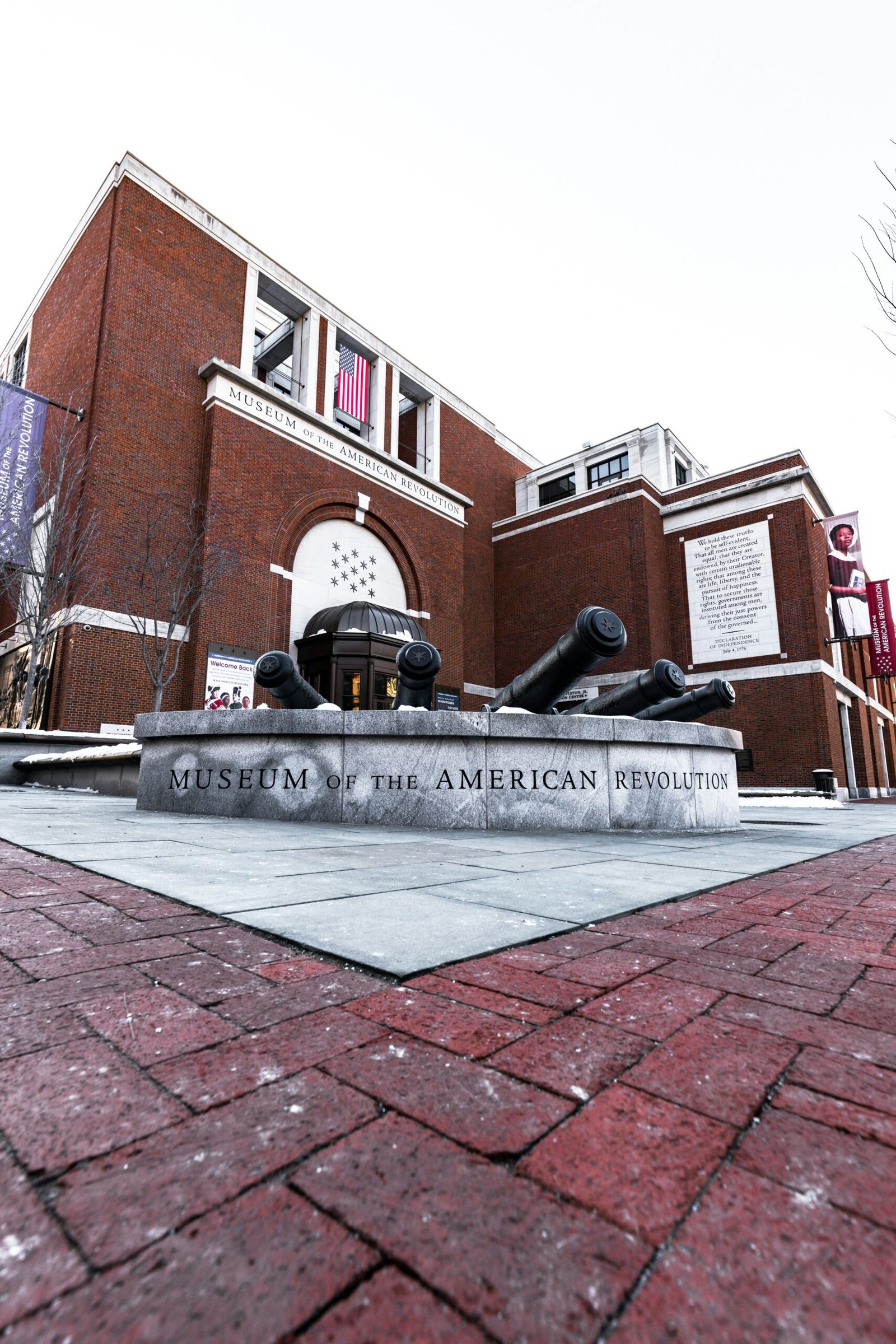Historical Context and Significance
The late 18th century was a period of mounting tension between the American colonists and the British government, primarily driven by disputes over taxation and representation. A pivotal moment in this conflict was the enactment of the Tea Act of 1773, which granted the British East India Company a monopoly on tea sales in the colonies and imposed taxes without colonial representation in Parliament. This legislation was met with vehement opposition, as it was perceived as an affront to the principles of self-governance and economic autonomy.
One of the most famous acts of defiance against the Tea Act was the Boston Tea Party, where American patriots, including members of the Sons of Liberty, boarded British ships and dumped tea into Boston Harbor on December 16, 1773. This event inspired similar acts of resistance across the colonies, including the Chestertown Tea Party on May 23, 1774. These protests were not merely isolated incidents but part of a broader movement that galvanized the American colonists against British rule.
The economic and social conditions of the time further fueled the unrest. Many colonists were struggling under the weight of British-imposed taxes and trade restrictions, while the ideological underpinnings of the resistance movement were rooted in Enlightenment principles of liberty and equality. Key figures such as Samuel Adams and groups like the Sons of Liberty played crucial roles in organizing and spreading the message of resistance. Their efforts were instrumental in uniting the colonies and fostering a sense of shared purpose and identity.
The Chestertown Tea Party, although lesser-known than its Boston counterpart, was significant in its own right. It demonstrated the widespread discontent and willingness of ordinary colonists to take a stand against perceived injustices. Such acts of defiance were critical in escalating the conflict that ultimately led to the American Revolution. For those interested in further exploring this period, historical documents and scholarly articles provide valuable insights into the complex interplay of economic, social, and ideological factors that shaped the American struggle for independence.
The Chestertown Tea Party: Events and Impact
The Chestertown Tea Party, which unfolded on May 23rd, 1774, stands as a significant act of defiance against British taxation policies, mirroring the more famous Boston Tea Party. This event in Chestertown, Maryland, began with the arrival of tea-laden ships at the town’s port. As tensions escalated, the local populace, fueled by growing resentment towards the British-imposed tax on tea, convened to address the situation. Motivated by a collective spirit of rebellion, the residents resolved to reject the consignment of tea.
On that fateful day, a group of determined citizens, following a town meeting, took decisive action. They boarded the ships and, under the watchful eyes of their fellow townspeople, proceeded to dump the tea into the Chester River. This symbolic act of protest was not just a spontaneous outburst but a calculated move to assert their stance against what they perceived as unjust taxation without representation.
Key participants in the Chestertown Tea Party included prominent local figures who galvanized the community. Their motivations were rooted in a desire for autonomy and a fair economic policy. The immediate repercussions were significant, as the act of dumping the tea sent a clear message to British authorities and inspired other colonies to stand firm in their opposition.
Comparatively, the Chestertown Tea Party shared similarities with the Boston Tea Party in its method of protest and underlying motivations. However, it differed in scale and subsequent historical prominence. While the Boston Tea Party involved a larger quantity of tea and had an immediate, widespread impact, the Chestertown event reinforced the growing sentiment of resistance and solidarity among the colonies.
The legacy of the Chestertown Tea Party endures, with annual commemorations celebrating this bold gesture of defiance. These events serve to educate and remind current generations of the town’s role in the broader narrative of the American Revolution. For a deeper understanding of the Chestertown Tea Party, historical records and contemporary accounts offer invaluable insights into this pivotal moment in colonial history.

